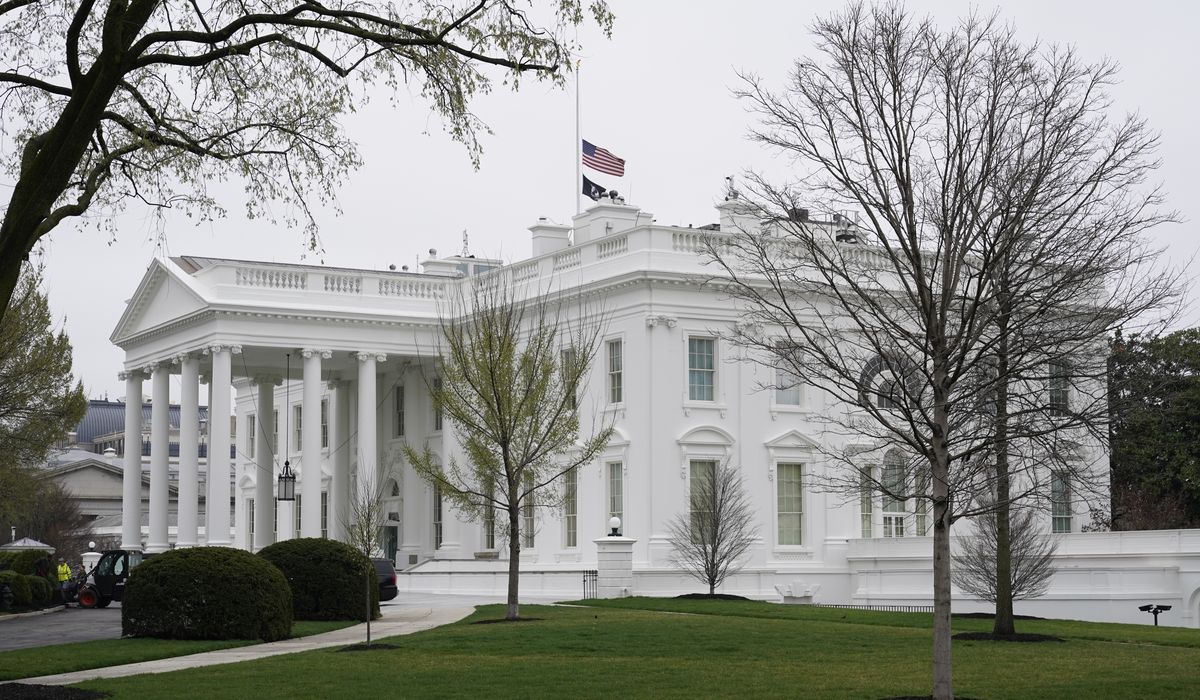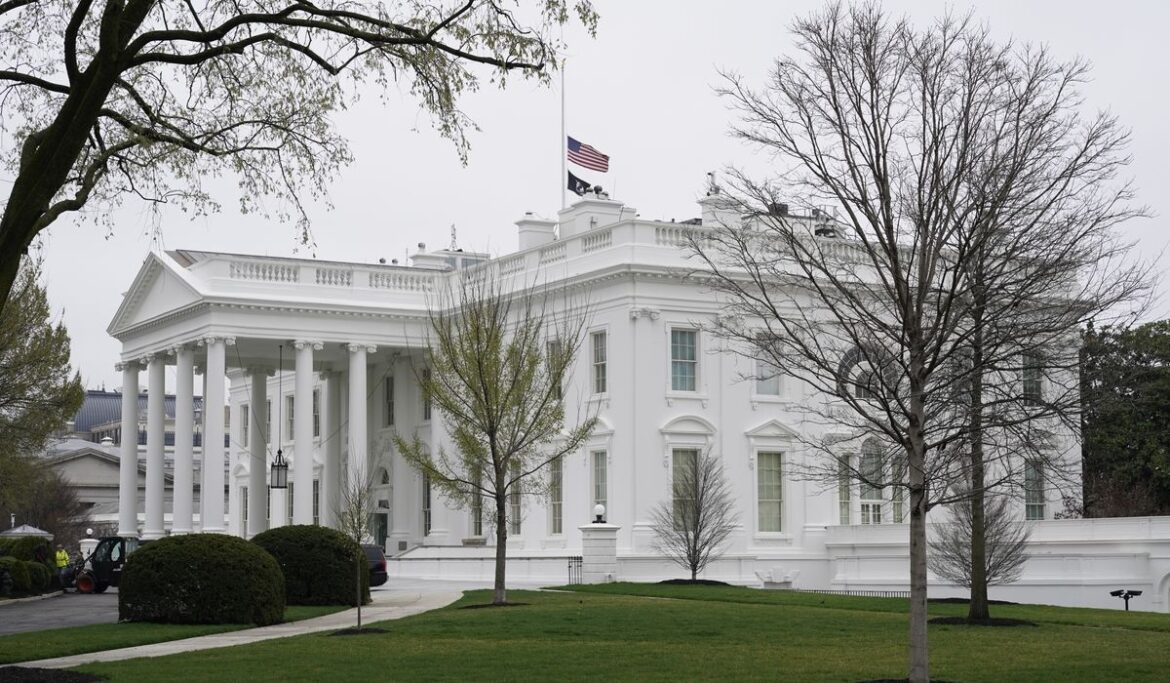
President Biden is facing criticism from both sides of the aisle over his administration’s forthcoming nuclear weapons policy amid growing concerns over a Russian nuclear escalation in its assault on Ukraine.
Allies have pressured Mr. Biden to walk back a campaign promise to declare that the “sole purpose” of the U.S.’s nuclear armament is to prevent or respond to a nuclear attack by an adversary, arguing that the policy shift would embolden key adversaries including Russia and China.
On Friday, the Wall Street Journal reported that Mr. Biden’s forthcoming policy declares that the “fundamental role” rather than the “sole purpose” of the arsenal will be the deterrence of a nuclear attack, in line with previous administrations’ policy and leaving open the possibility of a U.S. nuclear response in “extreme circumstances” to deter non-nuclear attacks.
The reported move prompted swift backlash from some Democrats in Congress.
“If media reports are true, President Biden has missed an historic opportunity to reduce the role of existential nuclear weapons in U.S. military strategy,” said Sen. Edward J. Markey, Massachusetts Democrat and co-chair of the Nuclear Weapons and Arms Control Working Group.
“Retaining a warfighting role for U.S. nuclear weapons is a triumph for the trillion-dollar defense industry, but it is a tragedy for everyone counting on the President to keep his campaign promise to make deterrence the sole purpose of nuclear weapons,” he said.
Mr. Biden’s nuclear policy follows the administration’s “Nuclear Posture Review,” an extensive probe of U.S. nuclear doctrine and capabilities.
In January, Mr. Markey joined 51 members of both the House and Senate in urging Mr. Biden to carry out his campaign promise in declaring “that the sole purpose of nuclear weapons is to deter a nuclear attack on the United States and its allies, and that the United States will never use nuclear weapons first.”
Republicans have criticized Mr. Biden’s pledge to walk back language around the use of nuclear weapons, arguing that growing threats from nuclear-armed adversaries including Russia, China, and North Korea call for a firm policy of deterrence on behalf of the U.S.
But despite Mr. Biden walking back his campaign pledge to narrow the language surrounding the U.S.’s nuclear response, key Republicans remain critical of proposed cuts to nuclear weapons programs expected under the Nuclear Posture Review.
Specifically, the administration is expected to cancel a program to develop a nuclear sea-launched cruise missile and retire the B83 nuclear bomb which entered service in the 1980s.
“While President Biden appears to have resisted the worst impulses of anti-nuclear zealots by rejecting ‘No First Use’ or ‘Sole Purpose’ statements – as we’ve been urging him to do – this revised policy seems to be little more than a rehash of the Obama administration’s approach,” said Sen. James M. Inhofe of Oklahoma and Rep. Mike Rogers of Alabama, the top Republicans on the Senate and House Armed Services Committees respectively.
The lawmakers said that the decision to make cuts to the nuclear programs “flies in the face of the best military advice” and “reinforces global perceptions that the United States is unwilling to compete seriously with China or Russia.”
The criticism comes amid growing fears that Russia may resort to once-unthinkable measures such as the use of chemical, biological or nuclear weapons as its conventional assault on Ukraine stalls.
A Kremlin spokesperson said this week that Russian President Vladimir Putin could use nuclear weapons if he perceived “an existential threat.”
But Republicans say the threats facing the U.S. extend far beyond the Kremlin’s saber-rattling.
“Over the past year, every government official who’s testified to Congress on nuclear risks has stressed the increasing dangers we are facing from adversaries around the world,” Messrs. Inhofe and Rogers said. “We’ve seen repeated, real-world examples of these rising threats as China, Russia, North Korea, and Iran all attempt to grow their nuclear capabilities and test new systems. These threats cannot be ignored.”





